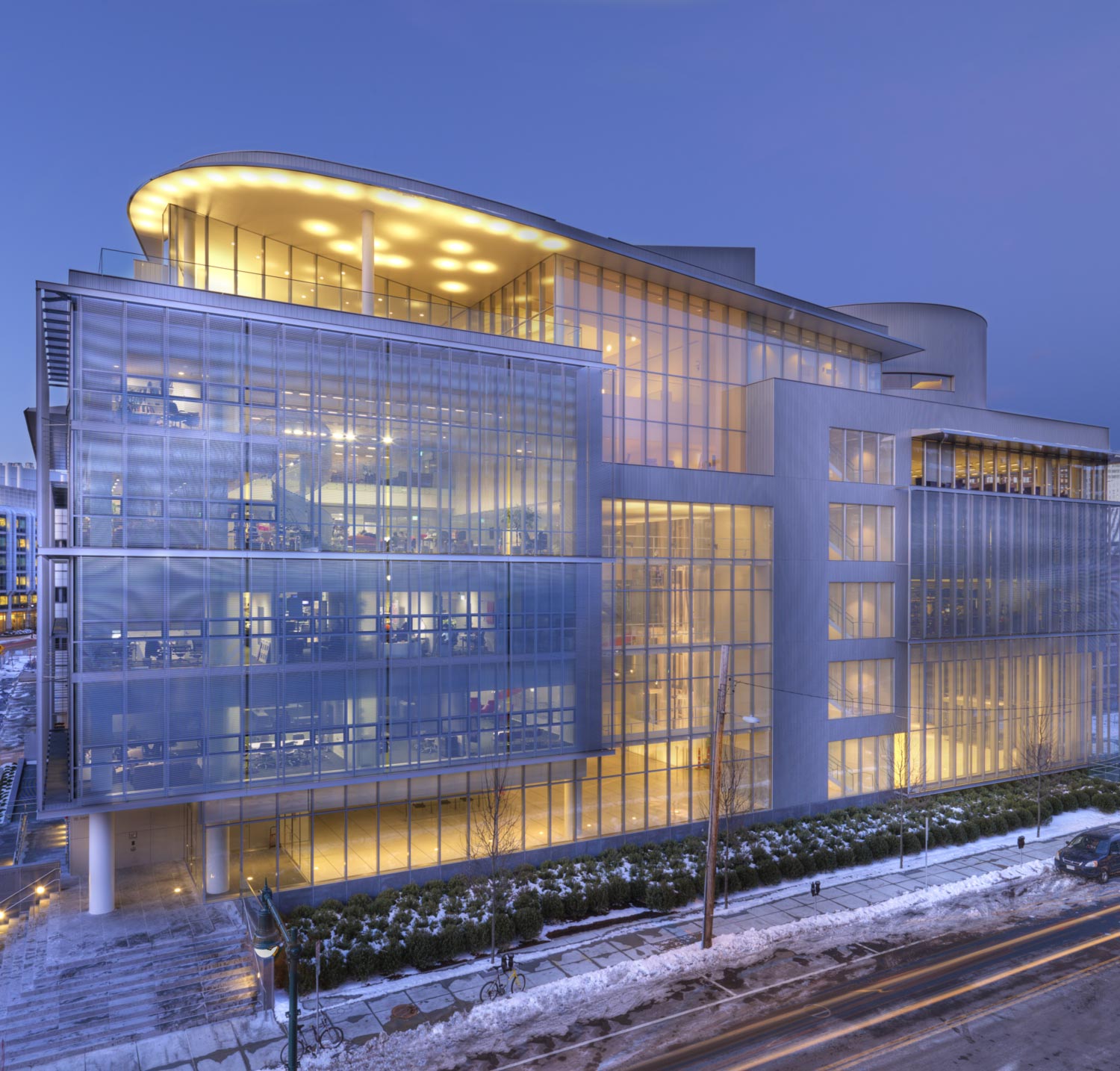Letter to the community re. SUSTECH Relationship and Professor Chen
To the members of the MIT community,
Since last week’s arrest of Professor Gang Chen, our community has been deeply concerned – for Gang and his family, and about larger issues surrounding the case. I would like to offer a few thoughts beyond what I shared last week.
Because the legal case is proceeding, I will not address its specifics. However, since the government’s complaint and the resulting media coverage touch on MIT’s collaboration with the Southern University of Science and Technology (SUSTech) in Shenzhen, China, I would like to clarify the nature of the SUSTech engagement.
As reported at the time in MIT News, MIT established a collaboration with SUSTech in 2018 to create the Centers for Mechanical Engineering Research and Education, at MIT and SUSTech. While Professor Chen is its inaugural MIT faculty director, this is not an individual collaboration; it is a departmental one, supported by the Institute.
The agreement provides $25 million to be paid to MIT over five years. Of that sum, $19 million is for collaborative research and educational activities, and $6 million is designated as a gift to support MIT building renovation projects and an endowed graduate fellowship. To date, MIT has received about half of the amount committed under the agreement, which has been allocated to support research and educational activities of a number of Mechanical Engineering faculty members, as well as fellowships and various operational expenses. In other words, these funds are about advancing the work of a group of colleagues, and the research and educational mission of MIT.
The SUSTech relationship is one of many faculty-led collaborations MIT maintains with academic institutions. As we all know, collaborations, including international collaborations, are crucial to advancing frontier science, and they are common in academia.
At the same time, MIT takes seriously the evolving demands of national security in a complex world, and the specific risks of inappropriate foreign influence on research. As a community, we believe the integrity of our research is a fundamental responsibility. That commitment is bedrock to our policies and practice.
Finally, to our Chinese and Chinese American community – our undergraduates, graduate students, post-docs, scholars, researchers, staff, faculty, alumni and Corporation members of Chinese descent: I have heard from many of you about your experiences with a growing atmosphere of mistrust and suspicion in our society, an atmosphere that can make daily life and daily work difficult, painful and exhausting.
I would therefore like to state clearly, as I have before, that you are essential and integral members of our MIT community. We value your contributions as students, colleagues, teachers, innovators and leaders, and we value you personally as friends – just as we value every member of the global family of MIT, including Professor Chen and his family.
In this difficult moment, let’s take special care to treat each other with respect and thoughtfulness.
Sincerely,
L. Rafael Reif


